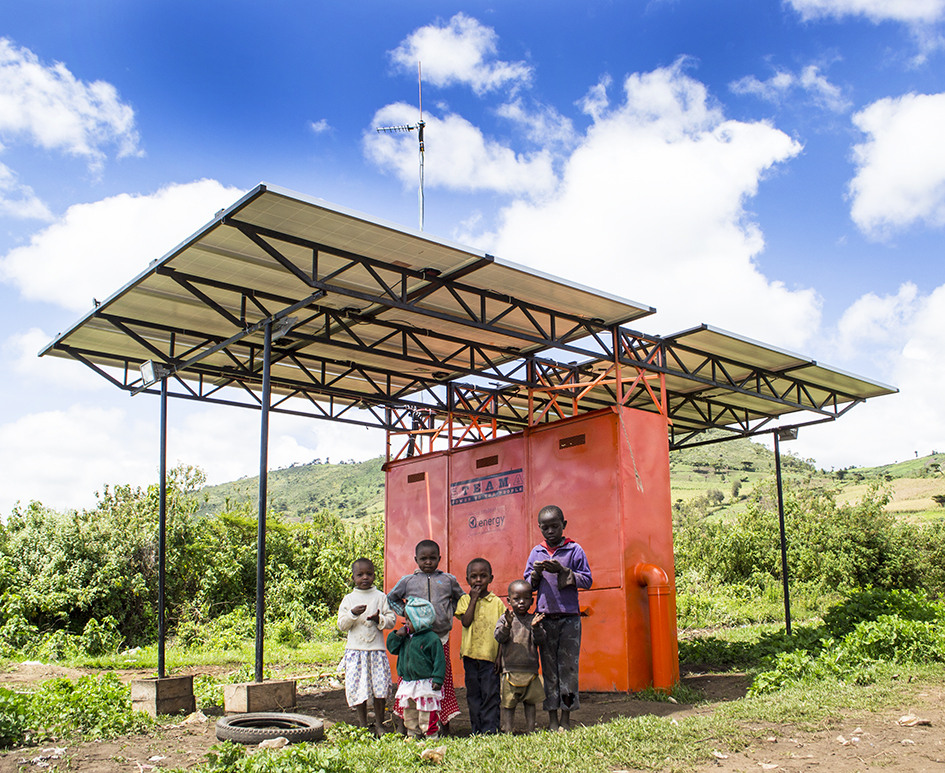Panelists at a recent session by the Global Energy Alliance for People and Planet (GEAPP) and the Observer Research Foundation agreed that energy transition in developing countries should not overlook domestic resource utilization. Letting developing countries set their own climate agenda as they pursue economic growth is important and will allow them to cut their costs in energy transition by reducing their dependence on external resources.
“It is important to support countries in prioritizing economic growth rather than penalizing them for doing so. By fostering economic development, countries can strengthen their resilience, enhance their capacity to address climate issues, and reduce their dependence on external resources. Without economic growth, countries will find it difficult and will be reluctant to own the climate agenda,” said V. Anantha Nageswaran, chief economic advisor to the Government of India, in his keynote address.
“India is still a developing country and we are yet to reach our peak emissions. The scale of energy requirements cannot be met with renewables alone. Fossil fuels will continue to play a major role in the short term, and we expect them to slowly exit in the medium term as we gradually phase in renewable sources while also addressing the related issues. For example, the intermittency of renewable energy and thus the need for enough battery storage is yet to be figured out as is the huge cost of battery storage at the present juncture, making vast shifts to renewable technologies uncertain.”
The energy transition will be just when it improves the lives of the people, creates employment and increases incomes.
Subhash Kumar, director, ACME Solar Holdings, and former chairman and managing director, Oil and Natural Gas Corp. Ltd, said, “India has done very well in harnessing solar energy. In biofuels we have done tremendously well as far as economy is concerned but compressed biogas (CBG) is an area that can make a huge difference. Domestically secured compressed biogas (CBG) is not only a solution to the energy but also puts income in the hands of people.”
As regards infrastructure, Kumar said, “Multiple conversions of energy are possible. At the end of the day, energy as molecule or electron should be used at the earliest possible opportunity wherever it is found to be the most appropriate, because there is a huge inefficiency and cost involved in conversion and long-distance supply chains are not at all desirable if there is a local market available.”
For countries like Africa, the lack of infrastructure offers the opportunity of sustainable transition as, unlike the developed world, they need not reinvest in retiring their existing infrastructure and build from scratch new one for clean energy.
Joseph Nganga, Vice President- Africa, Global Energy Alliance for People and Planet, said, “In Africa we don’t have fully established infrastructure. It’s an opportunity to build the right low-carbon energy from the ground up.”
Nganga cited access to low-cost finance as one of the challenges for energy transition in Africa. Further, economies of scale and hence lower costs are not possible due to the nature of projects. Projects are MW-scale due to smaller grids, unlike in India where GW scale projects are common. Lack of domestic manufacturing is another challenge.
This content is protected by copyright and may not be reused. If you want to cooperate with us and would like to reuse some of our content, please contact: editors@pv-magazine.com.









By submitting this form you agree to pv magazine using your data for the purposes of publishing your comment.
Your personal data will only be disclosed or otherwise transmitted to third parties for the purposes of spam filtering or if this is necessary for technical maintenance of the website. Any other transfer to third parties will not take place unless this is justified on the basis of applicable data protection regulations or if pv magazine is legally obliged to do so.
You may revoke this consent at any time with effect for the future, in which case your personal data will be deleted immediately. Otherwise, your data will be deleted if pv magazine has processed your request or the purpose of data storage is fulfilled.
Further information on data privacy can be found in our Data Protection Policy.